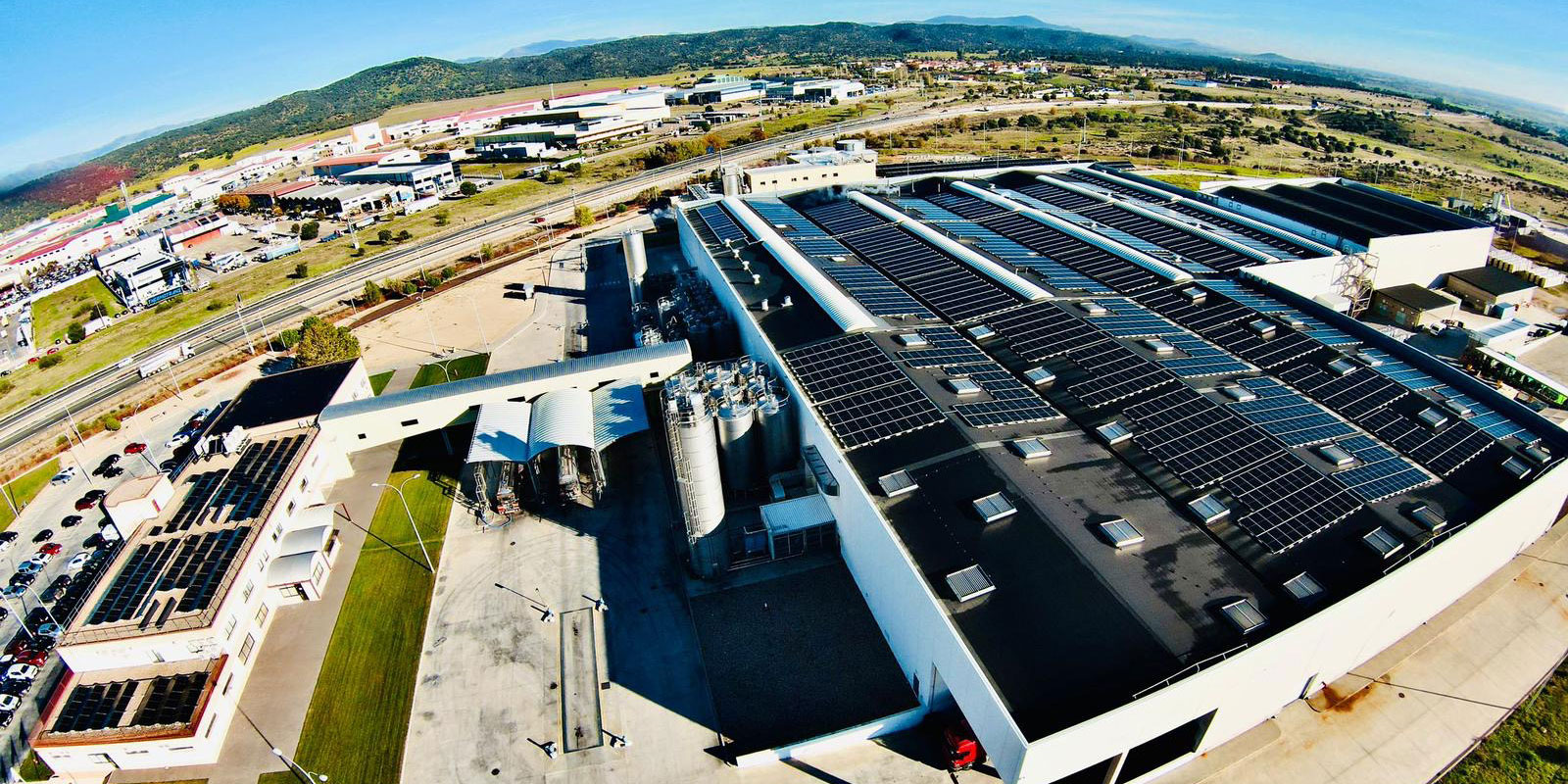Promoting a healthy environment
Taking care of our earth is one of the many ways we’re doing good through food. We’re proud to be recognized as a thought leader and responsible environmental steward that’s making a positive impact on our earth.
Read more in our Doing Good Through Food® Report.
Setting science-based targets
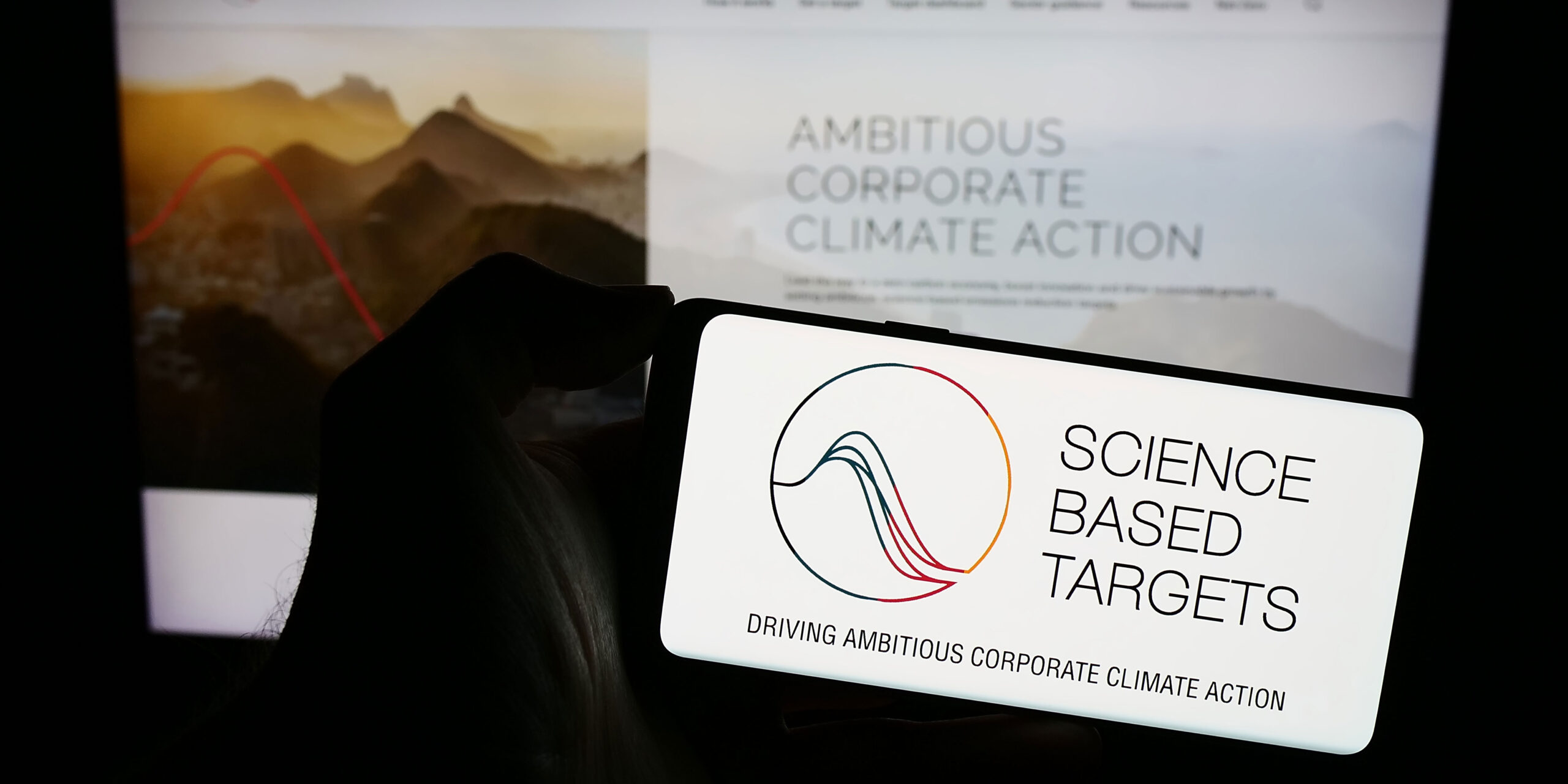
We mean business when it comes to preventing the worst impacts of climate change. That’s why we’ve joined some of the world’s biggest companies in aligning our efforts to cut greenhouse gas emissions with climate science.
We’ve committed to reducing absolute Scope 1 & 2 GHG emissions 27% by 2030 from a 2017 base year. We’ve also pledged to reduce Scope 3 Purchased Goods & Services GHG emissions 30% per metric ton of production by 2030 from a 2017 base year.
In 2024, we reset our climate goals to align with a net zero objective for 2050. Through a materiality assessment, we identified three global priorities: energy reduction, sustainable packaging and resource recovery.
By setting science-based emission reduction targets – and committing to targets in our supply chain as well as our own operations – we can continue to provide food to people around the world in a way that preserves our precious resources and promotes a healthy planet.
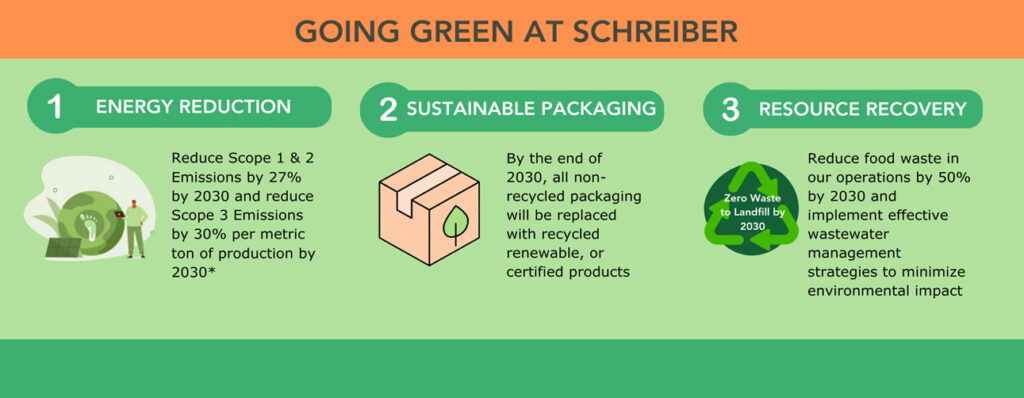
Using less water and energy
The equivalent of planting 17,503 trees – that’s how much less carbon dioxide the plant in Silao, Mexico, is emitting during the next 25 years, thanks to solar panels in the parking lot.
The plant is also saving about 1 million liters of water annually with waterless urinals. That’s enough to fill an Olympic-sized swimming pool in just two years.
In October 2020, the plant began sourcing carbon-free energy from the largest private-energy producer in the country. This means 100% of the facility’s energy is being generated by solar and wind generation plants.
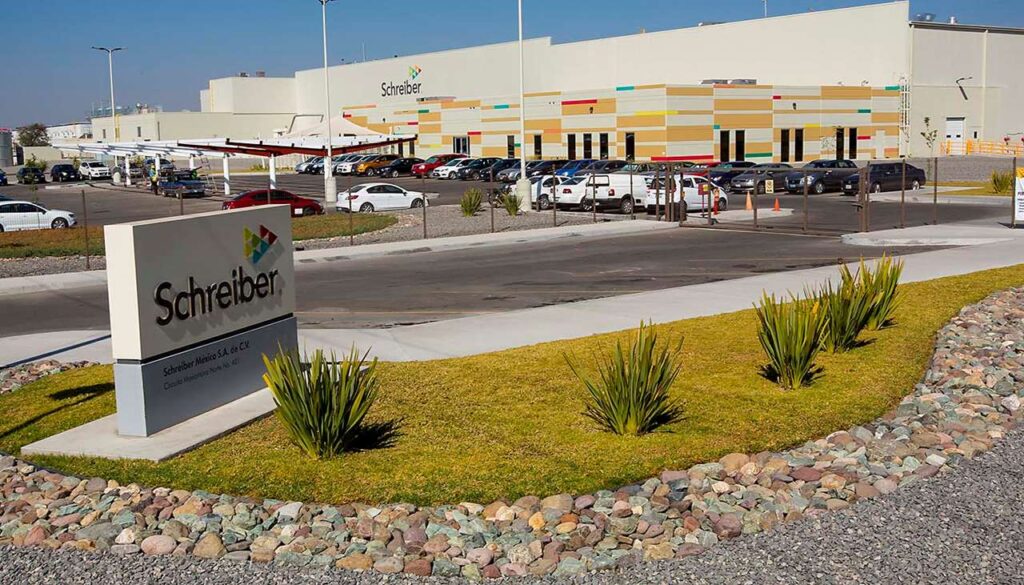
Creating renewable energy from wastewater
The Richland Center Renewable Energy (RCRE) wastewater treatment facility has generated enough electricity to power an average of 830 homes annually since it began producing “green” energy in 2013.
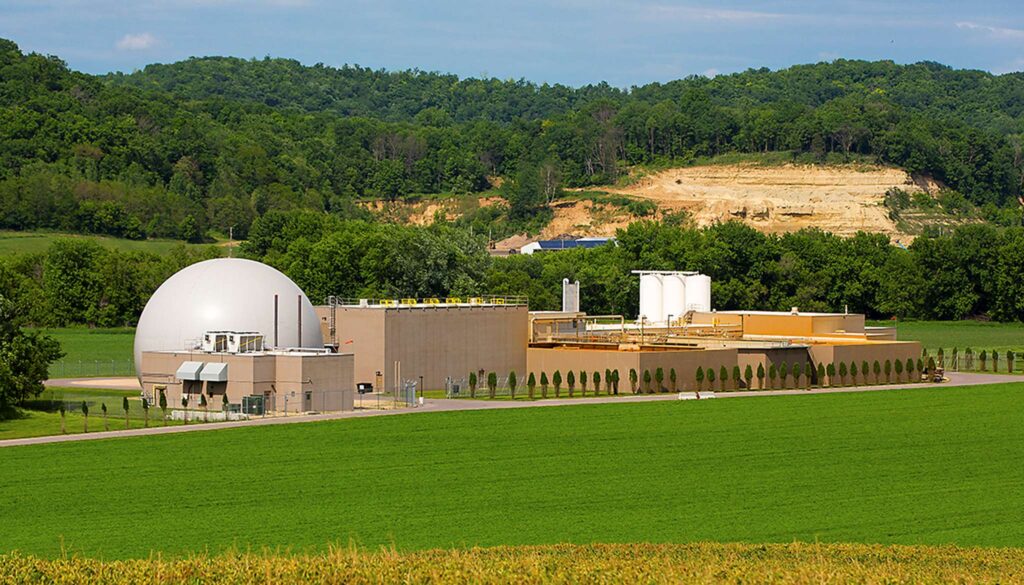
Reducing waste
We’re always looking for ways to divert waste from landfills. Our goal: zero waste to landfill globally by 2030.
We’re working to reduce food waste in our operations 50% by 2030.
We’re also implementing effective wastewater management strategies to minimize environmental impact, protect water resources and ensure the safe treatment and discharge of wastewater.
Using sustainable packaging
Yogurt cups, plastic film, beverage cartons – all these materials and more have a big impact on the planet.
By the end of 2030, we’re committed to replacing all non-recycled packaging with recycled, renewable or certified products.
“We recognize that sustainable practices are not an option, but a necessity for long-term success and positive impact. We’re proud to transparently communicate our progress and inspire others to join us on this journey toward a more sustainable future.”
– Josh Luth
Sustainability Program Manager

